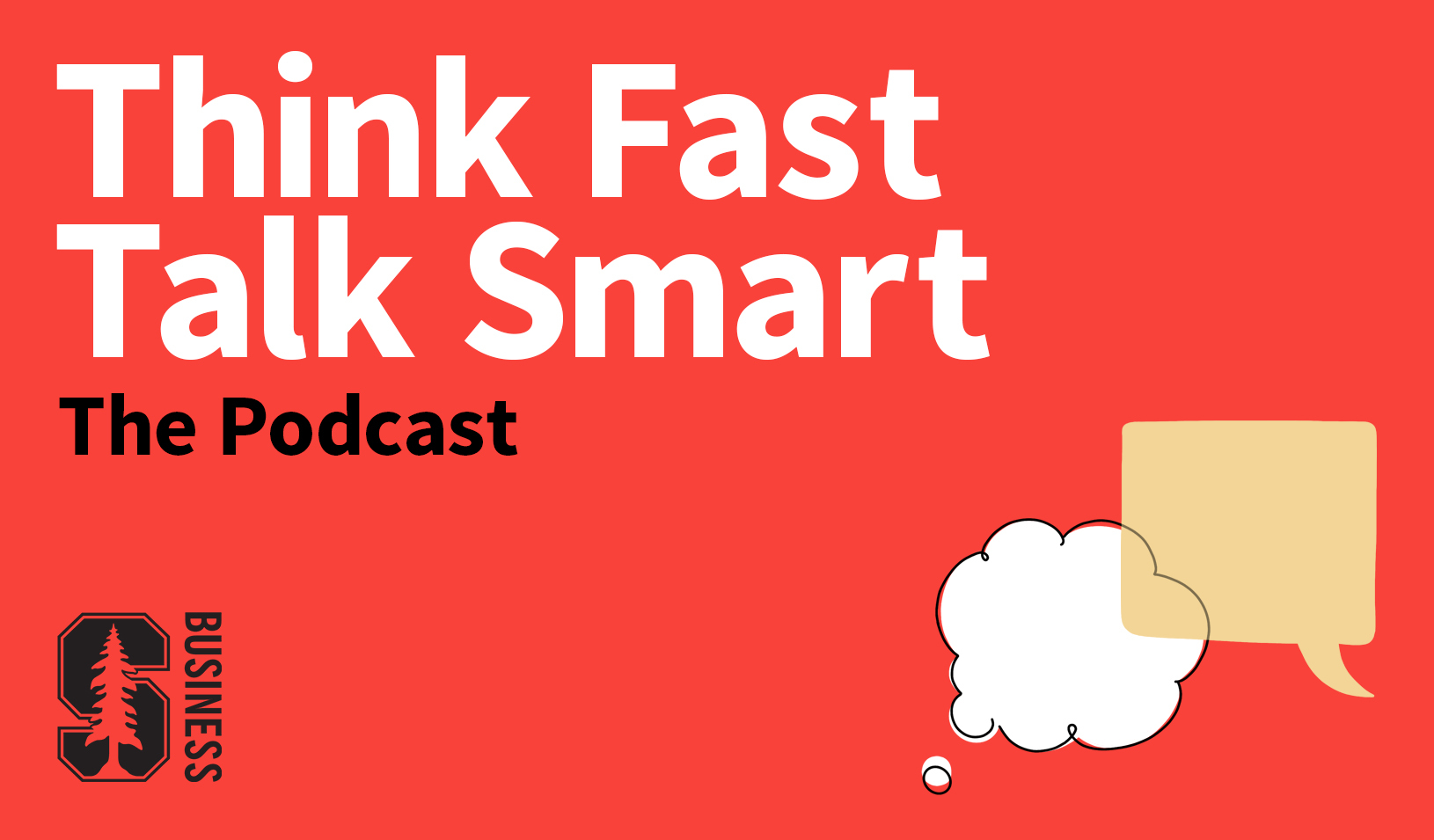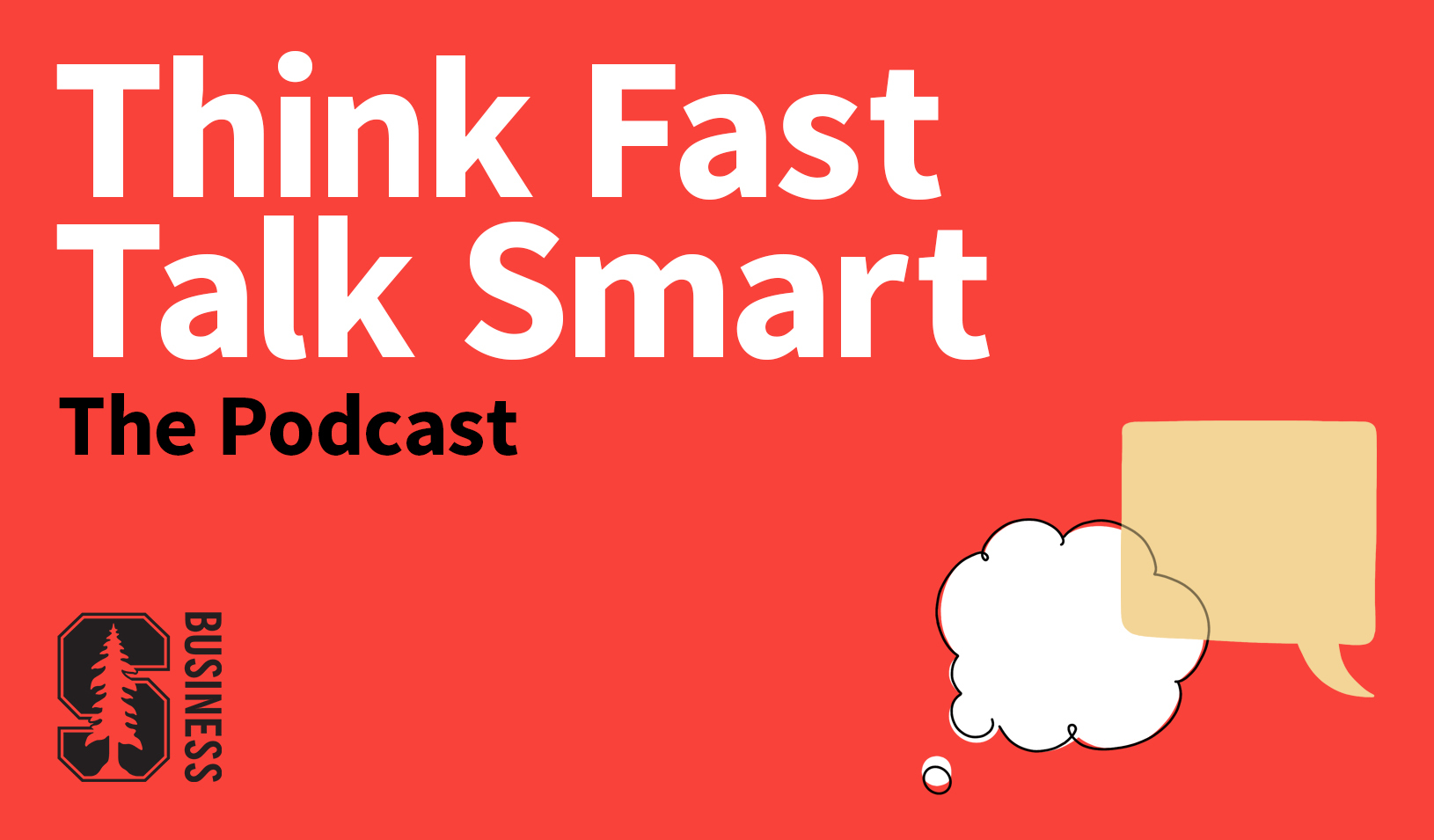Sheryl Sandberg, Facebook chief operating officer, discusses grit, voice, and short-term plans at a recent View From The Top conversation. | Stacey Geiken
Today Sheryl Sandberg is known as a leading Silicon Valley executive and a champion of working women. But when she arrived in California in 2001, after a five-year stint at the U.S. Treasury, she wasn’t exactly welcomed with open arms.
“All the exciting stuff was happening out here, so I wanted to work in Silicon Valley,” recalls Sandberg. “Lots of people said ‘I would never hire anyone like you’ to my face. The first tech bubble had just burst. It was actually hard to get a job.”
But Sandberg did get a job — and an impressive one. She served as Google’s vice president of global online sales and operations until 2008, when Facebook founder Mark Zuckerberg convinced her to join the social networking site as its COO.
In 2013, Sandberg became a best-selling author with the publication of Lean In: Women, Work, and the Will to Lead. Since then, its readers have founded 33,000 Lean In peer support circles in 150 countries.
Sandberg’s life seemed charmed until May 2015, when her husband and the father of her two children, Dave Goldberg, died suddenly. “When Dave died, I didn’t think I was capable of anything. I could barely go to work and not cry. I was parenting two grieving children,” she says.
Sandberg channeled her own grief into a second book, Option B: Facing Adversity, Building Resilience, and Finding Joy. Co-authored with Wharton School professor Adam Grant, it, too, has found a global readership and, with the support of the Sheryl Sandberg & Dave Goldberg Family Foundation, has already attracted a community of 350,000 people.
On May 25, Sandberg described her journey and the lessons she has learned along the way to Stanford Graduate School of Business students at the final View From The Top event of the 2016-17 academic year.
Dream Long, Plan Short
Don’t try to map out your entire career from the get-go, advises Sandberg. If she had done so, she would have missed the opportunities at Google and Facebook altogether. After all, when she graduated from Harvard, the internet didn’t exist.
“If you try to plan out your career, it’s going to be boring. You’re going to miss all the good stuff, because all the good stuff hasn’t been invented yet,” says Sandberg. “You want to have a really long-run dream and you want to have a short-run plan. And that short-run plan, it’s not about what you accomplish, especially in the early days. It’s about what you help other people accomplish and about what you learn. You invest in yourself. You invest in the success of your teams.”
Find Your Rocket Ship
Don’t just look for a job, says Sandberg. Look for an organization with a mission that matters to you. “When I finally got a job at Google, it felt like the wrong job,” she recalls. “I had a spreadsheet [of job criteria], and the problem with the Google job was that other than loving the company, it met none of the criteria.”
Then Sandberg showed her spreadsheet to Google CEO Eric Schmidt. “Eric put his hand on my little spreadsheet,” she recalls, “and said, ‘You love the mission. This is a rocket ship. When you get offered a seat on the rocket ship, you don’t ask what seat.’ And the job I took at Google and the job I took at Facebook were more junior than every other job offer I had. But they turned out to be much bigger opportunities.”
Get Your Hands Dirty
Once you have a job, counsels Sandberg, work hard. “All the stuff out there on grit and determination and working on things that are challenging is all true,” she says. “There’s no substitute for hard work. I have a poster in my office that I got from [Starbucks founder] Howard Schultz of two dirty hands. It says the future belongs to those of us still willing to get our hands dirty. Do something you care about and get your hands dirty doing it. You’ll be able to do anything, I promise.”
The proper goal of hard work is not personal gain, but organizational contribution, adds Sandberg. “I don’t see that many people coming into the workplace asking what they can do for the company,” she says. “Ask what you can do. I promise you will get mentors. You will get sponsors. You will get results. You will get promotions. You will get opportunities by contributing.”
Be a Voice, Not a Brand
The idea of developing your personal brand is a bad one, according to Sandberg. “People aren’t brands,” she says. “That’s what products need. They need to be packaged cleanly, neatly, concretely. People aren’t like that.”
“Who am I?” asks Sandberg. “I am the COO of Facebook, a company I deeply believe in. I’m an author. I’m a mom. I’m a widow. At some level, I’m still deeply heartbroken. I am a friend and I am a sister. I am a lot of very messy, complicated things. I don’t have a brand, but I have a voice.”
Focus on developing your voice, she says. Figuring out what’s important to you and being willing to use your voice for that purpose is incredibly valuable. “If you are doing it to develop your personal brand, it’s empty and self-serving and not about what you’re talking about,” she says. “If you’re doing it because there is something you want to see changed in the world, that’s where it will have value and depth and integrity.”
For media inquiries, visit the Newsroom.






